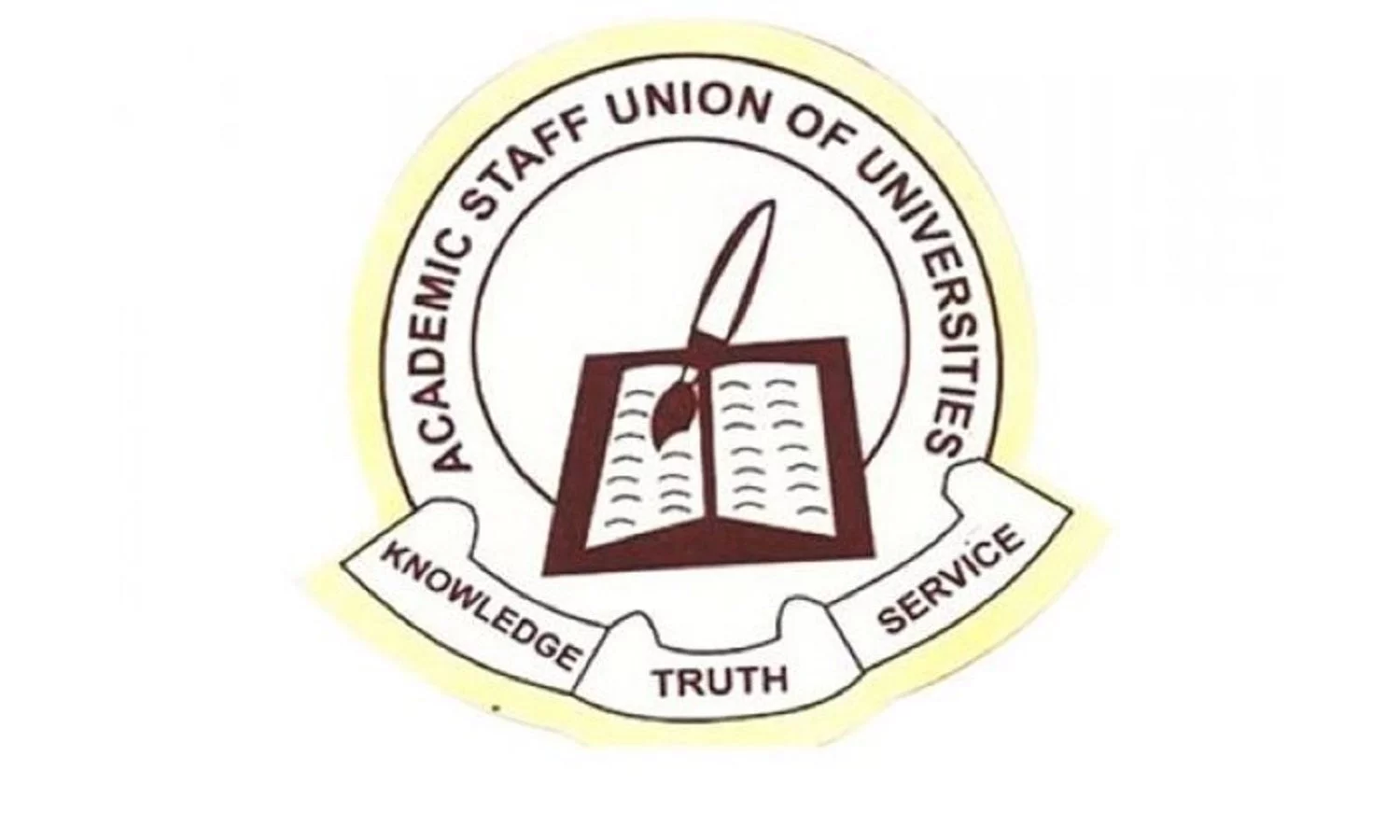The National Universities Commission (NUC) and the British Council Nigeria, have signed a Memorandum of Understanding (MOU) on a UK-Nigeria grant funded partnership worth £600,000, aimed at supporting systematic change in 20 institutions and organisations in Nigeria.
The grant will be delivered through the Regional Higher Education programme, Innovation for African Universities (IAU) to enable TransNational Education (TNE) in Nigeria.
Global CEO, British Council Scott McDonald, announced this Monday, during the signing of the MOU.
McDonald explained that the IAU was designed and developed by the British Council as part of its Going Global Partnerships programme with aims to foster the culture of innovation and entrepreneurship within African universities and facilitate the development of skills required to build industries, companies, products and services.
”Through the IAU platform, the British Council also funds a cohort of six partnerships that host a total of 20 enterprise support organisations and universities,” he said.
The Executive Secretary of the NUC Prof. Abubakar Adamu Rasheed, disclosed plans and strategy to improve tertiary education in Nigeria with Transnational Education, while presenting the Commission’s 6-point strategic plan for the reformation of the tertiary sector that would widen access and deepen the quality and use of information technology in Nigerian universities.
According to Rasheed, the NUC is committed to enhhancing accessto university education via the Open Distant and e-learning mode, stating however that as a regulatory agency the commission shall continue to ensure that the quality of programmes delivered via the ODL, e-learning, and that of the TNE are not compromised.
He also emphasised the empowerment of women across various facets of the university system as a core plank to the reformation exercise “today, we have more female vice chancellors than we have ever had, and we are getting more female students enrolled in universities. We are undergoing a deliberate policy to make sure we are open to female students, academics and practitioners”. He referred to the implementation of a robust support programme for women across the university system such as a recent 7-day programme at the University of Oxford specifically for female academics as well as a process to finance short programmes in the UK for female university staff”.
He added “The NUC is committed to reducing academic corruption in student application and grading including student victimisation, sexual harassment. A Code of Governance has been developed for private universities to be extended to public universities”. He concluded that the NUC has become “more international and our graduates have become more qualitative and more competent in the global world”. He acknowledged the successful long-term relationship between British Council Nigeria most especially during the 8-year tenure of Lucy Pearson, Country Director Nigeria and West Africa Cluster Lead,” he assured.
Responding, UK Government’s international education champion Sir Steve Smith, noted that the UK university systems face the same challenge as Nigeria “we also have too many graduates. Women are more likely to go to universities than for man to apply”. According to Sir Smith, their task is to focus on 5 countries in the world Nigeria being one of them. The aim being to establish sustainable long term partnerships to allow the UK and Nigeria to work together.
He mentioned that the UK Government is excited about the Transnational Education (TNE) project that has been developed by the NUC “we took notice of the Transnational Education and believe that it is a chance to partner with Nigerian institutions using digital platforms primarily and making sure it spreads equally across the country.
”We want to make sure that what we offer delivers quality across the sector to ensure students get the same level of education as they would have received if they went to the UK. In this scenario, both countries gain, no one losses. We are here because we want partnership and collaboration. TNE offers the opportunities for mutual development,” he assured.



